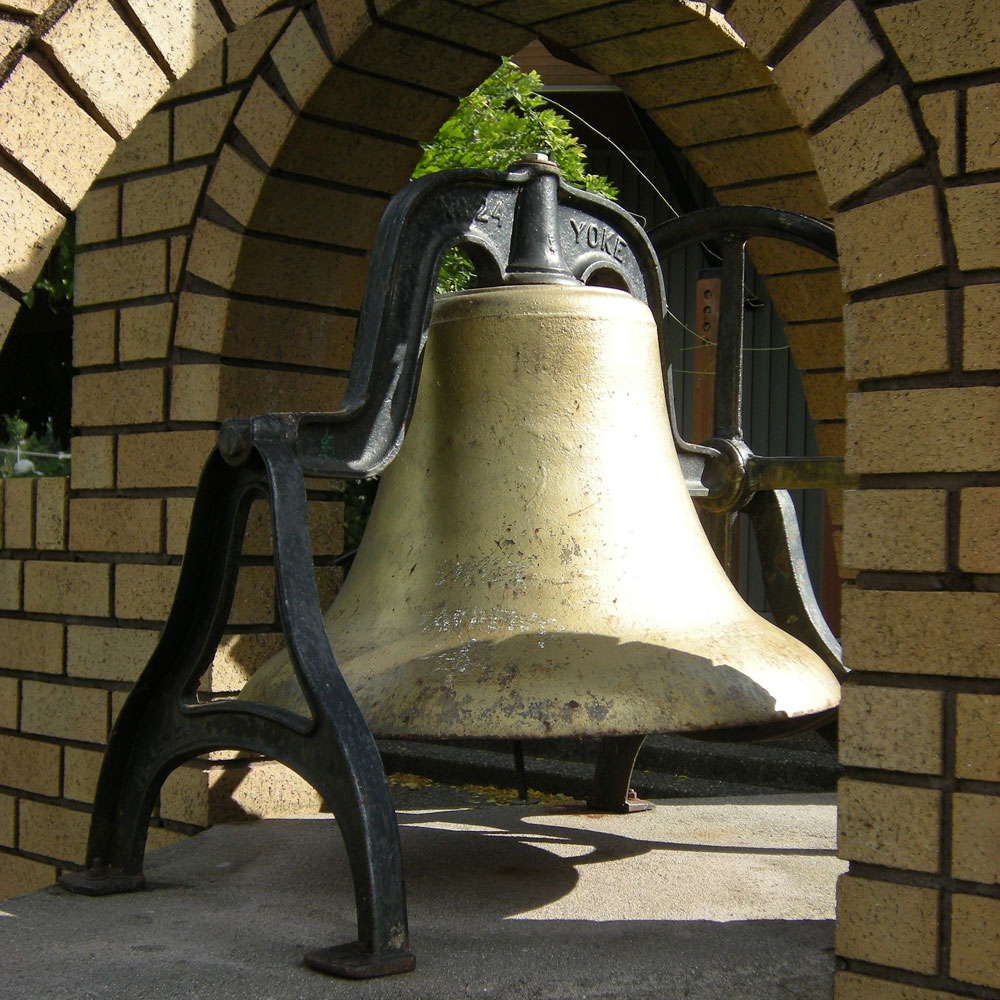
September 8, 2019; Salon
Writing for Salon in an article produced by Our Schools, a project of the Independent Media Institute, Sarah Lahm makes the case that Democratic Party candidates for president should adopt anti-charter policies. In fact, according to a Washington Post article she references, most if not all of the candidates have already come out with negative comments.
Lahm’s argument here raises once again the kinds of tortured financial relationships that can arise in these hybrids, as backers try to make a buck in a field where little extra money is available for the basics. We at NPQ have been following these stories for a decade or more—see here and here.
This story is about the Twin Cities German Immersion School (TCGIS), a nonprofit academy in St. Paul, Minnesota. According to Lahm, nonprofit charter schools are not allowed to own property directly, but they were involved in the purchase of the St. Andrews Catholic Church site, which included a church built in 1927, a rectory, and a small two-story school building. This took place in 2013; the school took out a loan to refurbish the facility, and in the end were on the hook for $8 million in construction costs.
The school was actually purchased by Educational Properties, Inc. (EPI), a nonprofit based in New Orleans. The principal officer listed on the GuideStar profile is Kathleen Padian. According to the IRS Form 990, the TCGIS property is owned by Educational Properties TCGIS, a limited liability company that’s listed as a “disregarded entity” on the tax return. In other words, Educational Properties is the sole proprietor of this for-profit LLC that owns the building. EPI listed its capital lease receivable at more than $13 million in 2016.
Part of the $8 million in debt that TCGIS accrued was a payment due to another New Orleans-based entity called TenSquare, which had helped facilitate the process of purchasing and refurbishing the St. Andrews site. According to its website, TenSquare is a full-service agency helping charter schools and the charter school movement overall. It is a for-profit company that can offer facilities development, professional placement services, and plans to improve student performance. These kinds of organizations have been banned in many states because they undercut quality.
Sign up for our free newsletters
Subscribe to NPQ's newsletters to have our top stories delivered directly to your inbox.
By signing up, you agree to our privacy policy and terms of use, and to receive messages from NPQ and our partners.
According to a 2013 contract between TenSquare and TCGIS, the school would pay TenSquare almost $200,000 in developer fees for the original purchase and renovation of the buildings, and $275 per hour for legal fees. The person who signed the contract on behalf of EPI is Kathleen Padian, although it is TCGIS that is listed as owing the money. Padian is listed on its website as a partner for TenSquare. In 2018 the school agreed to pay another $100,000 in developer fees for the tear down of the original church and construction of a new facility.
All told, since 2013 TCGIS has taken out $17 million dollars in loans for the purchase and renovation of the St. Andrews site. The loans have been secured through bonds issued by the city of St. Paul that were underwritten by Piper Jaffray, a Minneapolis-based investment firm.
Even though TCGIS is a nonprofit organization, with the public, taxpayer funds that the school receives for each of its students, payments are made the benefit private, for profit entities like TenSquare and Piper Jaffray.
In the end, Lahm’s article is less about the Democrats running for President and more about what has happened over the years around TCGIS and the ultimate destruction of the St. Andrews church, apparently much against the wishes of the neighborhood and just before the building was granted historic status.
Tortured financial relationships like these have been documented in for-profit nursing homes and hospices. As we say elsewhere today, in some fields, the profit motive is just destructive to the public good.—Rob Meiksins













